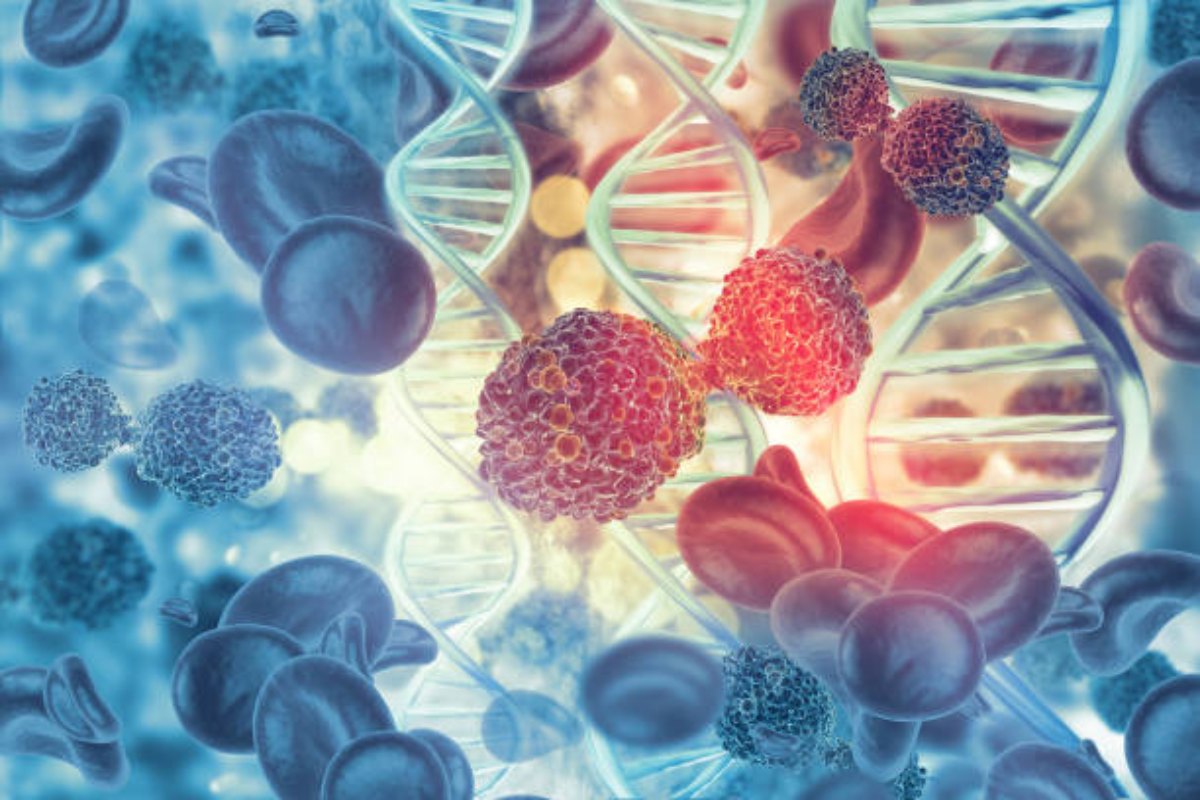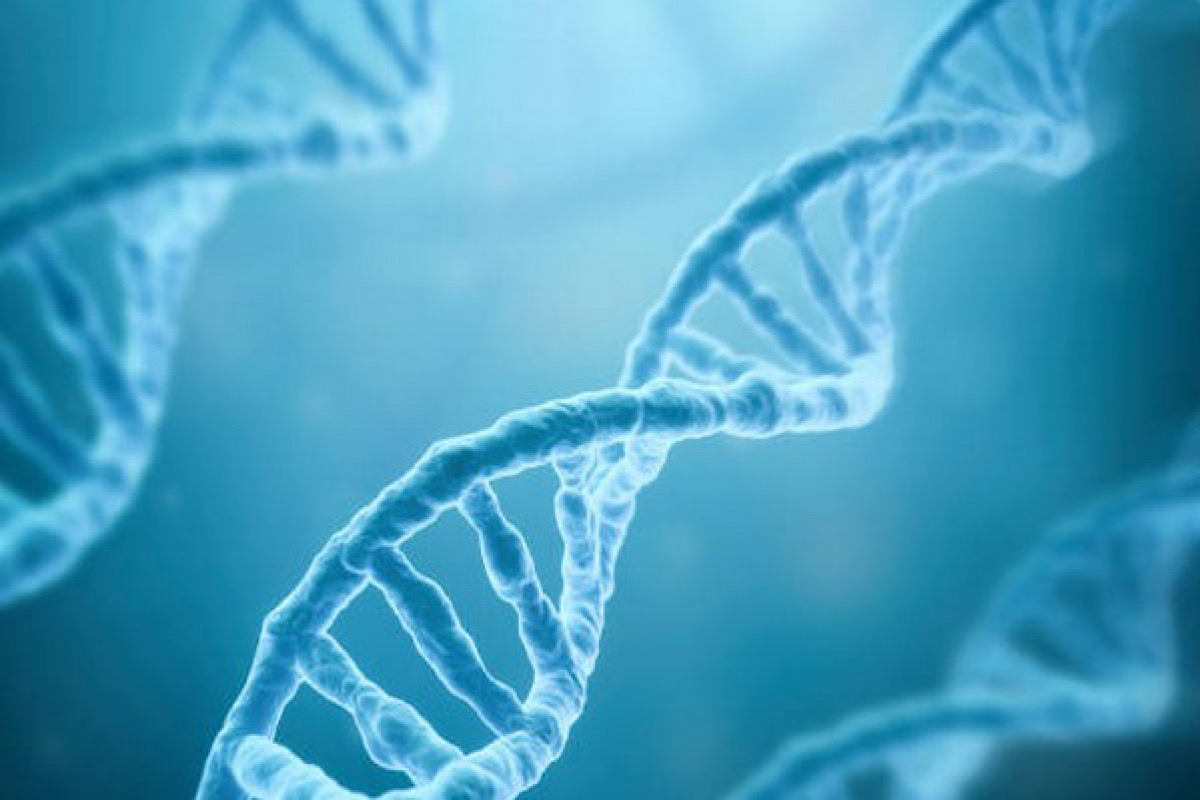Maharashtra bus accident: Bodies to be identified through DNA testing
According to officials, the bus was travelling from Maharashtra's Yavatmal to Pune and met with an accident in Buldhana on the Samruddhi Mahamarg Expressway.

According to officials, the bus was travelling from Maharashtra's Yavatmal to Pune and met with an accident in Buldhana on the Samruddhi Mahamarg Expressway.

DNA interactions within the genomic segment encompassing the ETS1 gene control how much of the ETS1 protein is made.

My physicist friends sometimes go crazy with the “magic” of numbers. A recent discussion involved the famous irrational number “pi”. A friend was mesmerized by a YouTube video on what the speaker in the video called “Powell’s Pi Paradox”.

For 20 years after 9/11, the Americans couldn’t find a trace of him. They looked all over Pakistan and Afghanistan and even into cyber space and the nether world yet they had no idea where he was.

In the study published in Nature Aging, the scientists report that gene expression 'memory' can persist across the lifespan, and may present a novel target for improving late-life health.
In a written reply in the Rajya Sabha, he said the Department of Biotechnology in the Ministry of Science and Technology has formulated ‘The DNA Technology (Use and Application) Regulation Bill’ to provide, regulation of the use and application of Deoxyribonucleic Acid (DNA) technology with the aim to establish the identity of certain categories of persons, including victims, offenders, suspects, undertrials, missing persons and unknown deceased persons.
Lifestyle, or put another way 'bad habits', is one of the textbook explanations for why some people are at higher risk for cancer.
The origin of life is the origin of heredity as well
Cell specialisation demonstrates the unity and diversity of biology.
Nucleosomes are packed together to form chromatin fibers and chromosomes.